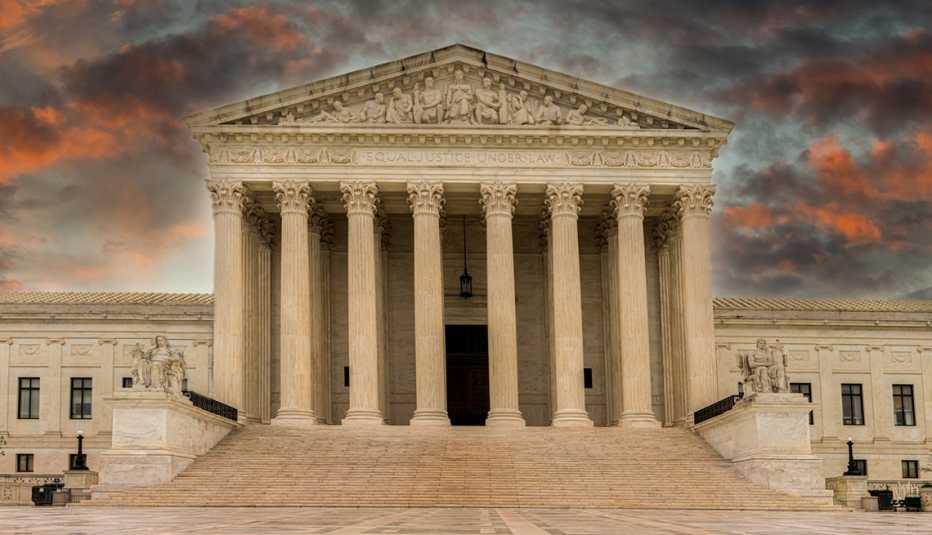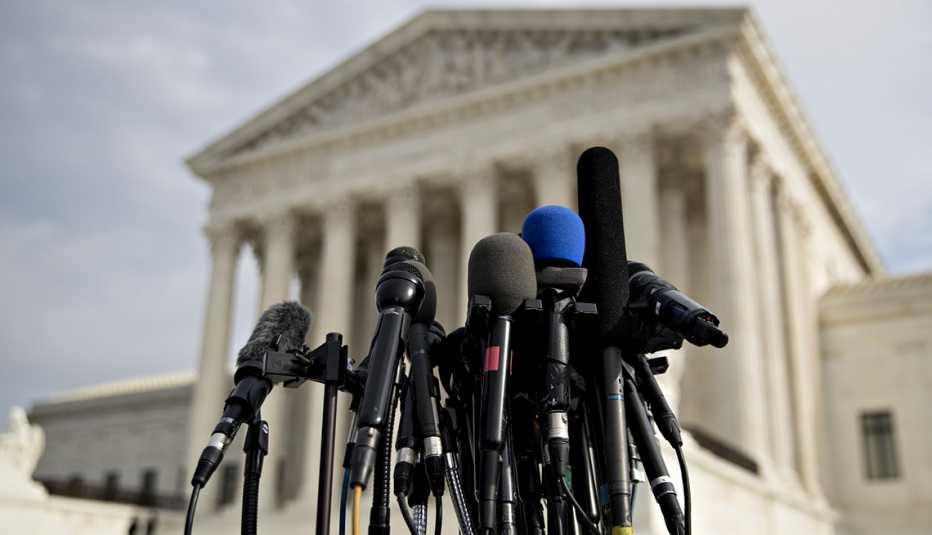About Us
AARP Foundation 2025 Supreme Court Preview


The Supreme Court often hears cases affecting the lives of people over 50. Read our review of key cases coming before the Court this year and likely to come in the future.
Putting Retirees’ Interests First


Senior Vice President for Litigation Bill Rivera testified before Congress about the importance of protecting retirement funds from “predatory” actions.
Learn More About the Testimony
A Public Interest Law Firm at the Intersection of Aging and Social Justice
We file and support lawsuits that combat senior poverty by promoting economic mobility and financial wellbeing.
AARP Foundation conducts legal advocacy to ensure that older adults have a voice and proper representation in the legal system.
AARP Foundation attorneys advocate for systemic change in federal and state courts nationwide to advance the legal rights and interests of people 50 and older, particularly those who are vulnerable and have low income.
We do not take cases or provide legal advice in matters that affect only a few individuals who may have experienced isolated incidents of discrimination or other harm.
In the News


New Lawsuit Alleges Deceptive Home Equity “Investments” Strip Homeowners of Hard-Earned Equity
The lawsuit alleges these products are designed to make homeowners believe they are entering into a simple partnership rather than a high-cost mortgage transaction.
After His Retirement Funds Disappeared, a Minister Fought Back Against the Church
AARP Foundation joined a class action lawsuit to restore the lost retirement funds of nearly 5,000 employees of AME Church
The lawsuit claims that the defendants unlawfully charged reverse mortgage borrowers with illegal fees, putting them at risk of losing their homes.
On the Docket
We file and support lawsuits that combat senior poverty by promoting economic mobility and financial wellbeing.






















